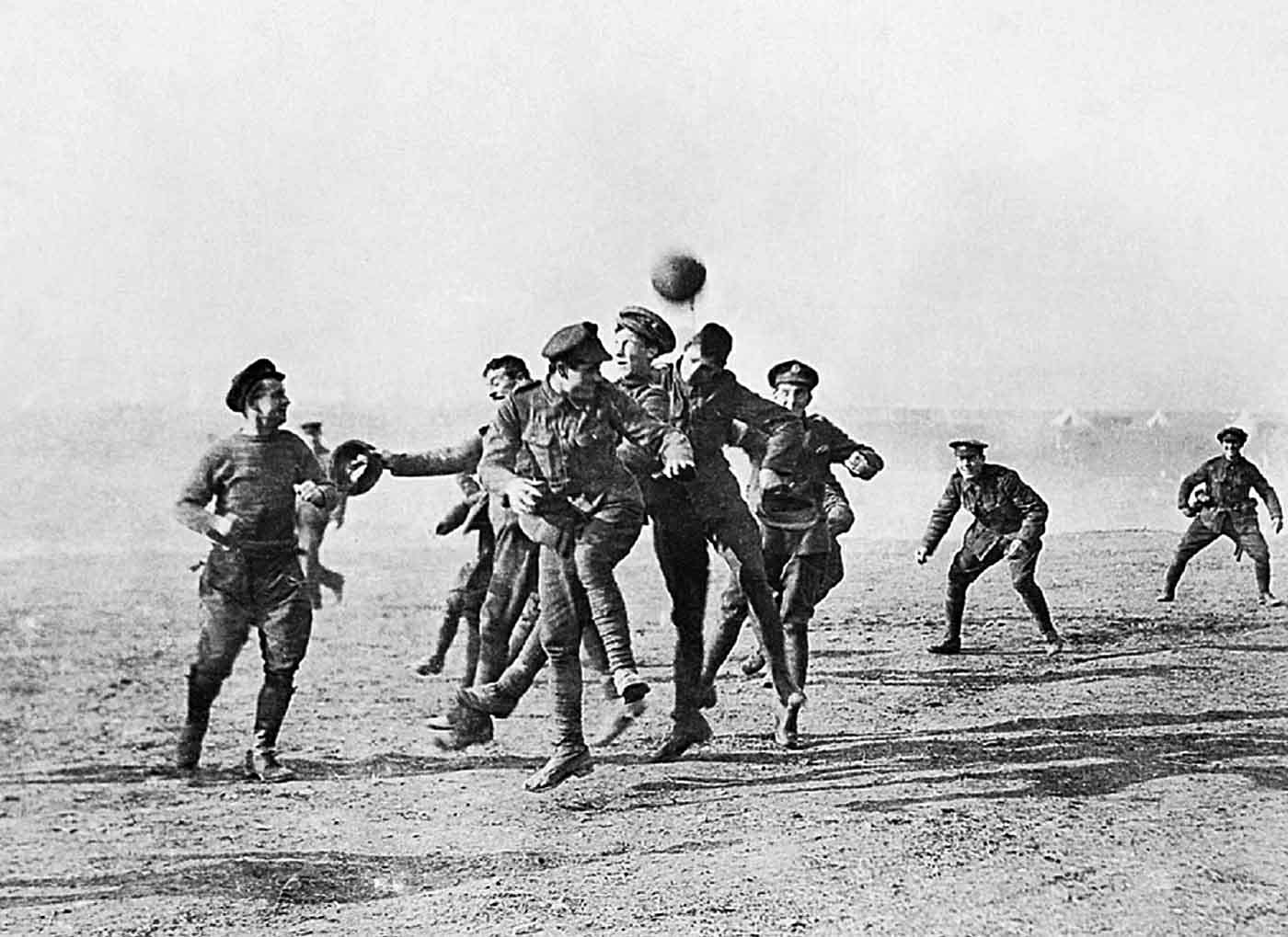review

Review by Barry Healy
Imperialism and Global Political Economy
By Alex Callinicos
Polity, 2009
227 pages
October 2, 2010 -- The topic of “imperialism” greatly occupied the minds of late-19th and early-20th century socialists. Some of the tradition’s greatest minds toiled mightily to discern the fundamental changes in capitalism that were occurring before their eyes.
Capitalism, as analysed by Karl Marx, had grown fat in its European heartland through the ruthless exploitation of colonies and the brutal factory system in its coal dark cities. But suddenly new phenomena started to appear in the late 1800s.
Banking capital moved from being a support for industrial capital, first merging into and then dominating manufacturing. This agglomeration of money power created massive industrial complexes, like Germany’s famous Krupps steelworks.
The colossal scale of these industrial works dwarfed human beings.
[This review-essay was written for and is scheduled to appear in the British journal Revolutionary History, which has granted permission to circulate it on-line. Please include this acknowledgement when sharing it.

No Pain, No Gain? Sport and Australian Culture
By Dr Jim McKay
Prentice Hall, 1991. 189 pages.
Review by Phil Shannon
Sport tells lies. According to Jim McKay, sport is a social prop to the domination of capitalist ideas and values. Fundamental to the maintenance of this dominance are the mass media, which ``selectively articulate capitalist rationality, masculine hegemony, Eurocentric racism, militaristic nationalism and liberal values'' -- a toxic mix of ideological viruses.
To allow the market mechanism to be sole director of the fate of human beings and their natural environment, indeed, even of the amount and use of purchasing power, would result in the demolition of society. For the alleged commodity "labor power" cannot be shoved about, used indiscriminately, or even left unused, without affecting also the human individual who happens to be the bearer of this peculiar commodity. In disposing of a man's labor power the system would, incidentally, dispose of the physical, psychological, and moral entity "man" attached to that tag. Robbed of the protective covering of cultural institutions, human beings would perish from the effects of social exposure; they would die as the victims of acute social dislocation through vice, perversion, crime, and starvation. Nature would be reduced to its elements, neighborhoods and landscapes defiled, rivers polluted, military safety jeopardized, the power to produce food and raw materials destroyed -- from Karl Polanyi's The Great Transformation (1944)

Skulls of victims of one of the massacres during the 1994 Rwandan genocide are displayed at the Genocid

Beyond Black & White
By Manning Marable,
Verso Press, 2009, 319 pages
Review by Malik Miah
Manning Marable’s latest book, Beyond Black & White, is an update of a valuable critique of Black and US politics first issued in 1995. He revised it last year, adding new chapters covering the period from 1995 to 2008, including an analysis of the meaning of the election of the first African-American president of the United States, Barack Obama, in November 2008.
The closing chapter, “Barack Obama, the 2008 Presidential Election and the Prospects for a ‘Post Racial Politics”, is a good place to begin reading the collection of articles and essays. Marable’s two prefaces —for the first and new edition — outline his views on “Black and white” and the evolution of how race impacts US political conversations and the failure of leadership in the Black community.

The Real Venezuela: Making Socialism in the 21st Century
By Iain Bruce
London: Pluto Press, 2008, 240 pages
Review by Michael Lebowitz
Monthly Review -- “When Chávez speaks, we listen. But we don’t listen to those around him.” This comment by a community activist interviewed by Iain Bruce, and integrated into his wonderful exploration of the Bolivarian Revolution from below, points to an essential characteristic—the unique link at present (por ahora) between Hugo Chávez and the exploited and excluded of Venezuela.

Review by Paul Le Blanc



